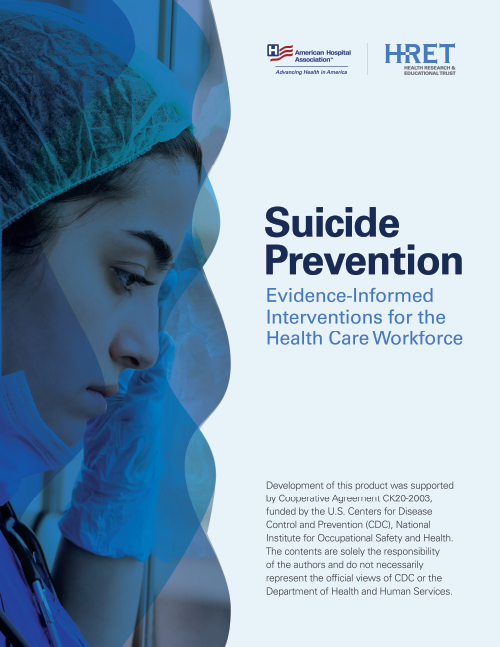
The University of Kansas Health System employs over 10,000 individuals across their system. For their work with the AHA Suicide Prevention in the Health Care Workforce Collaborative they partnered with the University of Kansas Medical Center, the organization’s teaching institution. For their work with the collaborative, University of Kansas chose to combat behavioral health stigma.
At the start of this initiative, the University of Kansas team collected and reviewed data on staff engagement and utilization of behavioral health programs. Through this, they identified a lack of formal programming to train employees to act when witnessing harassment, discrimination, incivility, and lateral violence. They decided to implement bystander training in order to better equip their workforce in responding to these types of situations. Based on their data, the team identified specific populations and departments to receive this training first within their organization. These included residents, medical students, nursing students, OBGYN and mother/baby staff, emergency department staff, and environmental services.
The University of Kansas system assembled an interdisciplinary team to develop the content for their standardized bystander training. They designed and piloted an in-person training as well as virtual training. The training program includes didactic learning, discussion, and case study review. Members of their workforce who completed the pilot training class were asked to fill out a pre- and post-course survey to determine the effectiveness of the course. The results of this survey have found that staff feel more comfortable intervening as bystanders after the training than they did before the training.
In addition to piloting the bystander training among their target departments, the University of Kansas team is working to develop a toolkit for leaders. This toolkit will provide scenarios for leaders that can be used to supplement the training.


